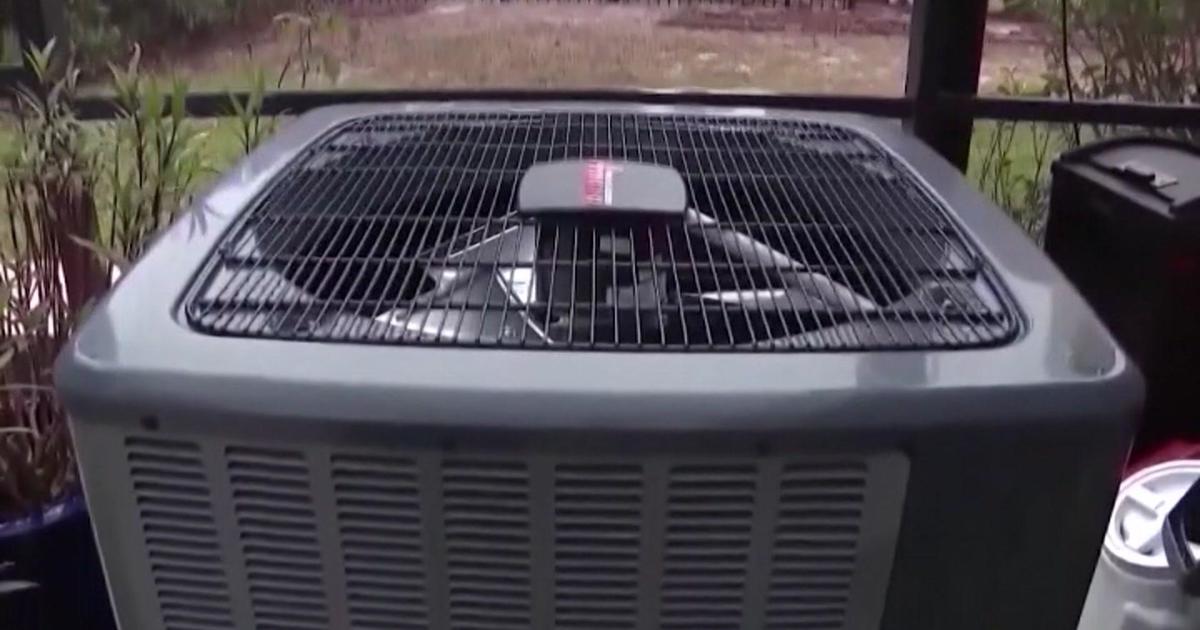New treatment helps bring movement back to people who've suffered a stroke
When Jim Nordgaard had a stroke 10 years ago, his life changed in an instant.
"I could do anything- mountain bike, golf, do whatever, and then becoming totally helpless- it was awful, he said.
He made some initial progress, but after the first six months, he found it nearly impossible to restore the movement he'd lost.
"I plateaued and I wasn't getting any better, and it was frustrating, and I was looking for different remedies, searching the internet all the time," Nordgaard said.
He learned about a procedure at Mount Sinai in New York called "paired vagus nerve stimulation." It works by surgically implanting a stimulation device called Vivistem in the neck, and a battery is placed in the chest. Mount Sinai Neurosurgeon Dr. Christopher Kellner says it was already being used to treat depression and epilepsy, but now, they've having success using it on stroke patients.
"It enhances their ability to respond to rehab. So it augments the rehab function, gives them a chance to do much better," Dr. Kellner said.
Nordgaard or his physical therapist can activate the device when he wants to do physical activity.
"It was life changing," he said. "So now I can pour and I can drink, whereas before I wouldn't even try. I can walk, today I walked 5 miles to get here, and just to walk around," Nordgaard said.
So far, the device is being used on patients with strokes typically caused by a blood clot, and it takes months of physical therapy to be successful, but the results show promise.
"This is a group of patients who had no treatment options before, and now we've got something to offer them," Dr. Kellner said.
The procedure to implant the device is not covered by insurance in most cases. Doctors are hoping that changes as the surgery becomes more common.



